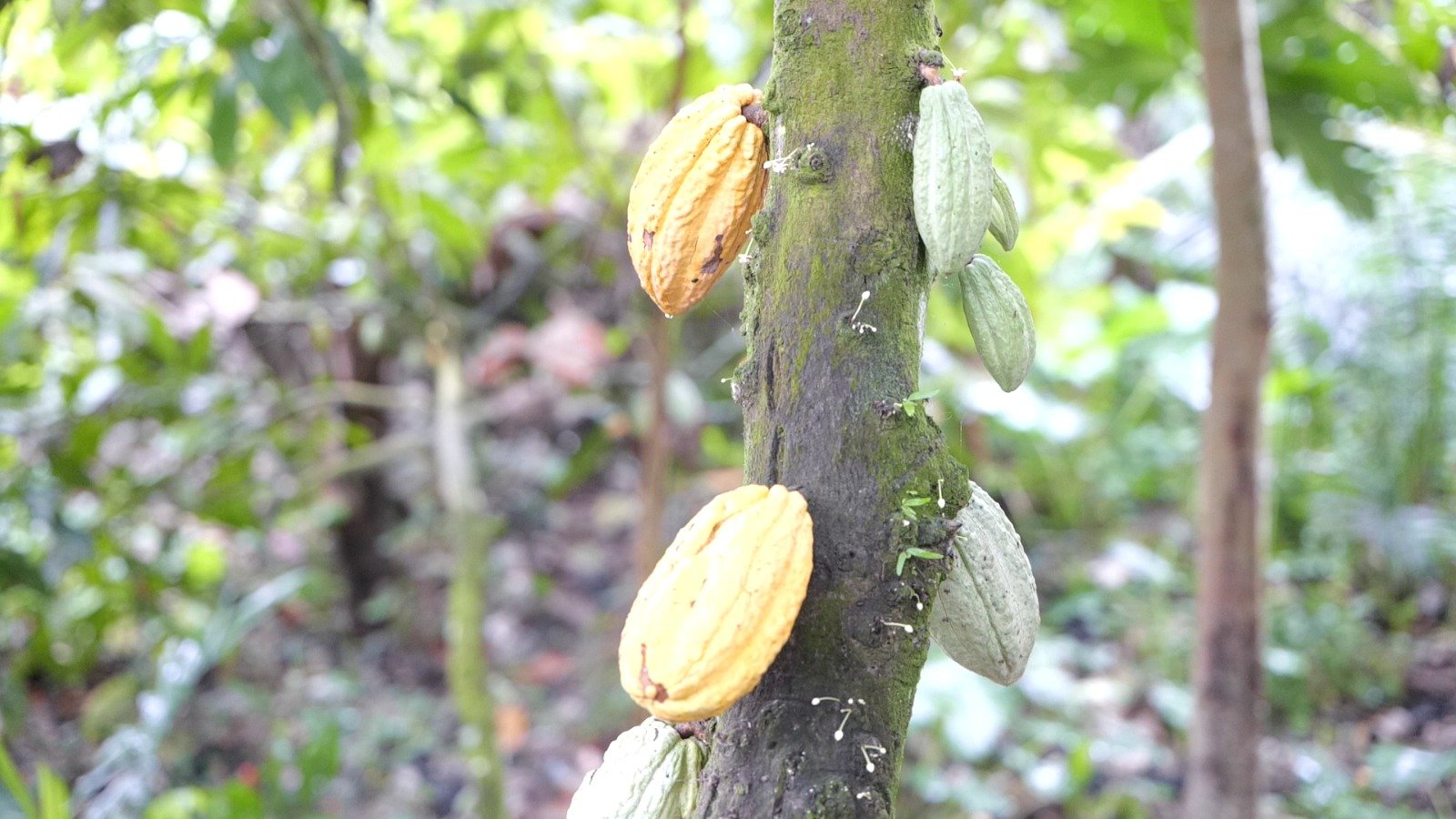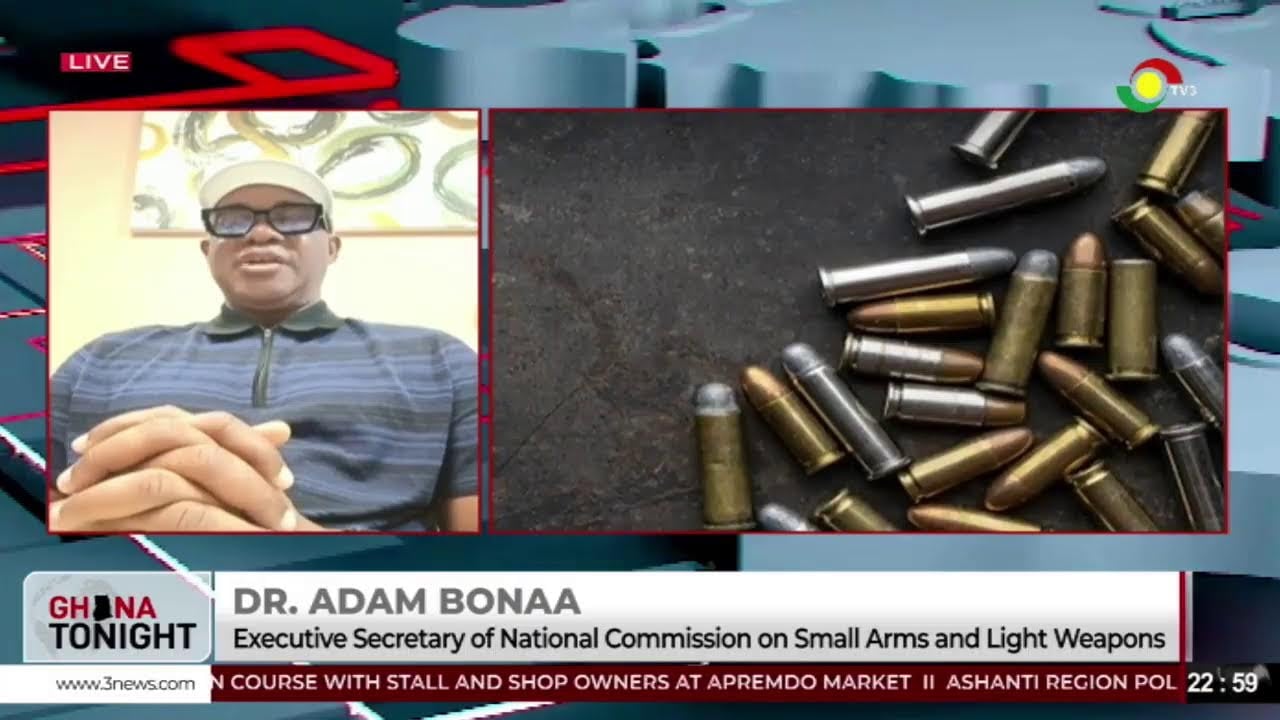
The Ghana Chamber of Mines says exploration investment in the country has declined significantly in recent years.
According to its Chief Executive Officer (CEO), Dr. Sulemanu Koney, this has serious implications given mining’s fiscal and forex revenue importance to the economy.
Mr. Koney believes taxes on exploration activities should be addressed, as they are not only affecting discovery of new minerals but also reducing the country’s attractiveness as a preferred destination for mining investment on the continent.
“Frustrating exploration with high taxes before commercial viability isn’t justifiable,” asserted Dr. Koney. “Investments benefit the companies, but also provide valuable geological data even if unsuccessful.”
Consequently, Dr. Koney urges “an incentive scheme to reduce exploration costs and attract critical investments into this high-risk business”. Exempting VAT on major expenditures could improve cash flows and competitiveness.
Such delays also financially impact smaller exploration firms despite promising discoveries. Lowering barriers and addressing taxation could spur investment, advises Dr. Koney.
Favourable regimes like that in Canada demonstrate such incentives’ long-term economic merits.
Although Ghanaians hold a sizable proportion of local exploration licences, they struggle to raise capital for high-risk and high capital-intensive activities. Dr. Koney also emphasised localising the entire mining value chain, including manufacturing and value addition.
“There’s untapped potential for local manufacturing, given the captive market within industry.”
Overall sector performance was mixed in 2022. Gold and diamond production rose substantially, but bulk minerals declined. Attributable gold output increased 32% in 2022 to 3.7 million ounces, owing to large- and small-scale growth.
With over 3.2 million ounces projected from Chamber members in 2023, plus small-scale contributions, total 2023 gold output is forecast between 3.3-3.5 million ounces.
It is to be recalled that President-Ghana Chamber of Mines (GCM), Mr. Joshua Mortoti, also said government must scrap taxes, especially Value Added Tax, on exploration activities to make Ghana’s mining sector competitive and attractive to investors.
Mr. Mortoti said Ghana is losing exploration investments to countries such as Australia, British Columbia, Mali, Burkina Faso and Nigeria, among others, due to the low taxes on exploration in those countries.
Relative to its peers in the sub-region, Ghana has a high tax regime for both exploration and operating mines. Since the suggestion is coming from industry players, we believe the state must examine why the country appears to be losing out on exploration investments.
The post Editorial: Explorative taxes hurting output in extractive industry appeared first on The Business & Financial Times.
Read Full Story






















Facebook
Twitter
Pinterest
Instagram
Google+
YouTube
LinkedIn
RSS